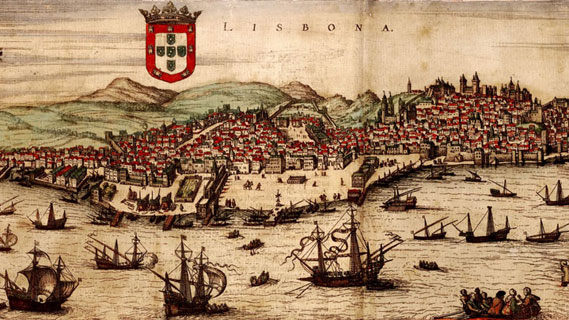
Located on the right bank of the River Tagus, Lisbon sprawls across seven hills that define its historical perimeter. With thousand of years of history, the city of Lisbon possesses a rare architectural beauty and a vast collection of monuments that reflect some of the key parts of their identity.
The clear, exuberant light that bathes the city and heightens the diverse cultural influences and heritage it has accumulated until the present day. Lisbon bears with pride the signs of a momentous past, since the ancient times of the first Roman and Islamic invasions, through the time when the city acquired the charter in 1179, the golden period of the discoveries and reconstruction of the historical center after the earthquake of 1755.
The heart of the city still retains a significant part of it original outline and character, and the historical districts are areas of influx of thousands of tourists and visitors each year. With a PIB per capita above the EU average, Lisbon is the second commercial and financial center of the Iberian Peninsula, after Madrid.
Lisbon today is the scene of important events and a cultural nerve center of a rich and vibrant urban life; it is a multicultural converge point, where the traditions are mixed with modern trends and lifestyles.

